About our Early Years Program
WIS Early Years program began as a purely Montessori school. Our curriculum has been designed to develop the senses and prepare the child for formal education. Our philosophy is based on the book ‘The Absorbent Mind’, by Dr Maria Montessori. The absorbent mind is believed to be the period from birth to approximately the age of six when the young child learns unconsciously from the environment. Our role as educators is to use this period to teach lifelong skills by consciously preparing the environment with age-appropriate materials and providing direction for our children to thrive and bloom.
Over the years we have added on the Early Years Curriculum and we are proud to say we have a perfect blend of both curricula.
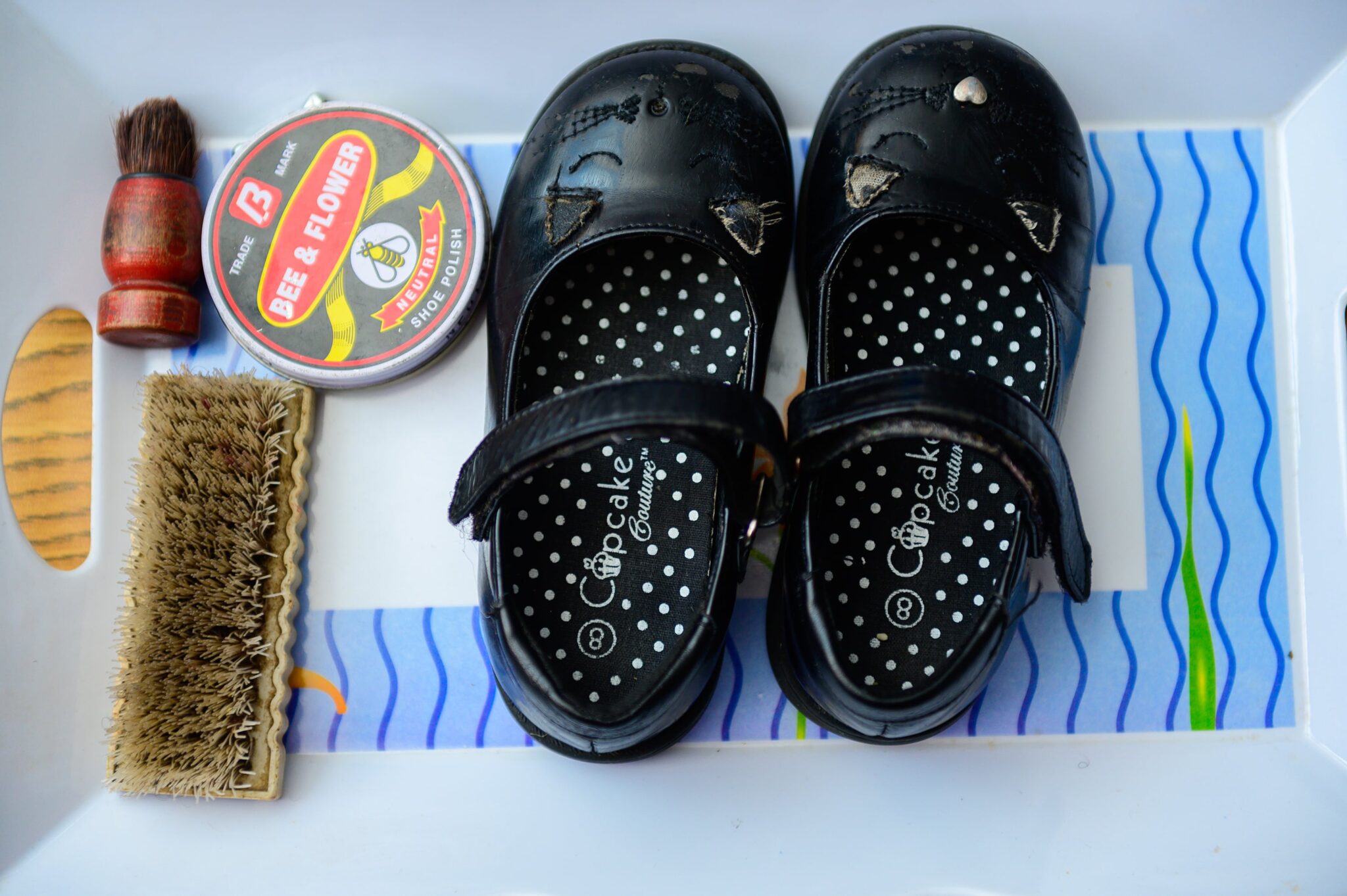
Practical Life
The Montessori Practical Life Curriculum incorporates exercises and activities that children observe in daily life. These activities develop children’s independence, concentration, and fine motor skills. Typical practical life activities involves transferring, food preparation, lessons in grace and courtesy, and cleaning. Example materials and activities include:
- Spooning
- Tonging
- Threading
- Sweeping
Sensorial Activities
These activities teach children to refine their sense of sight, touch, sound, smell and taste so that they are able to organise sensory impressions and their understanding of the world. Through sensorial materials, children learn about similarity and difference, dimension, colours and shapes, and distinguish between smell, taste and sound. Sensorial work also prepares children for mathematics, language and geometry by teaching children how to classify and sort.
Example materials and activities include:
- Pink tower
- Color box
- Geometric solids
- Trinomial cube
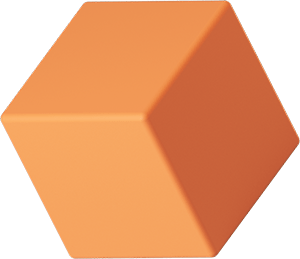
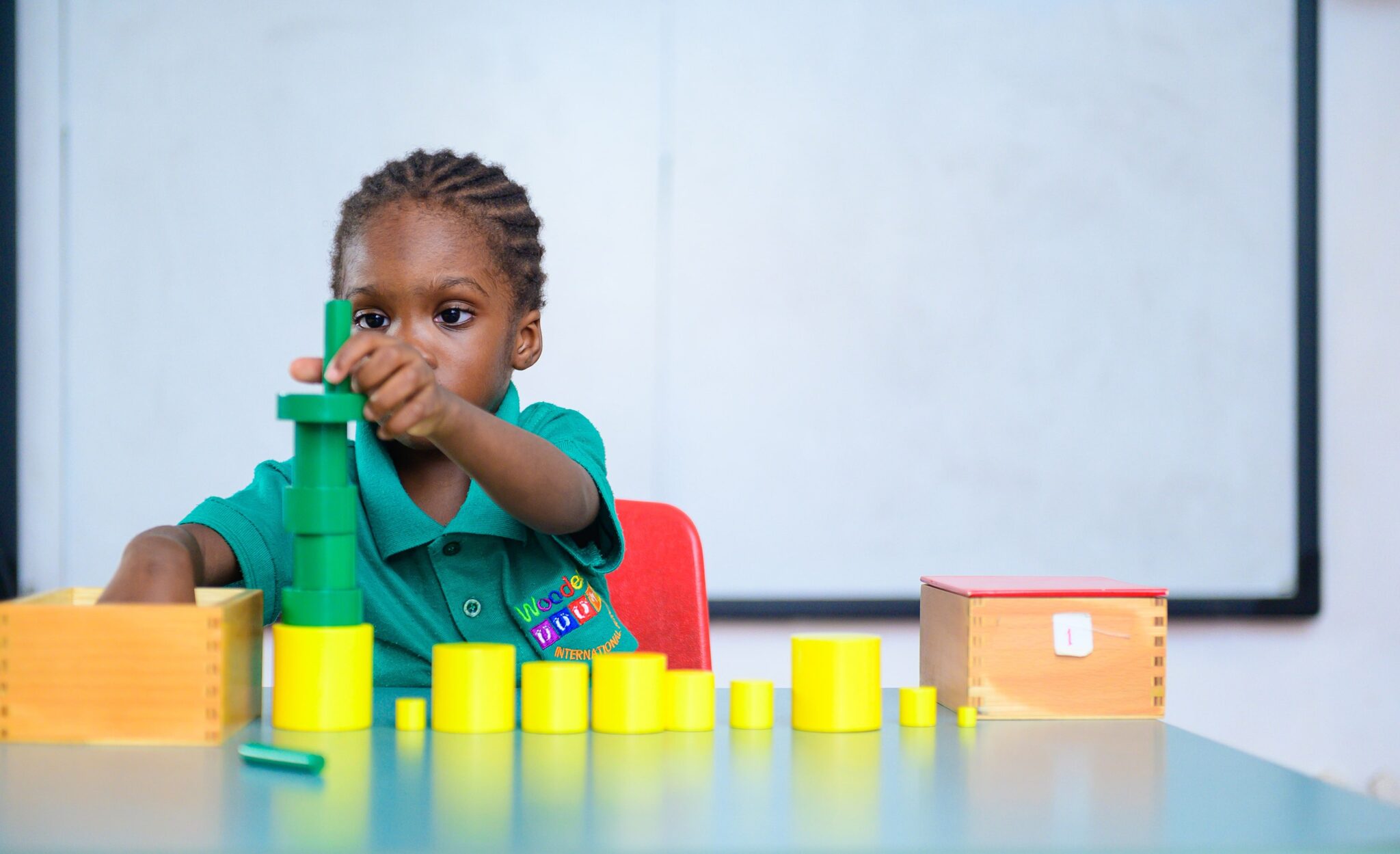
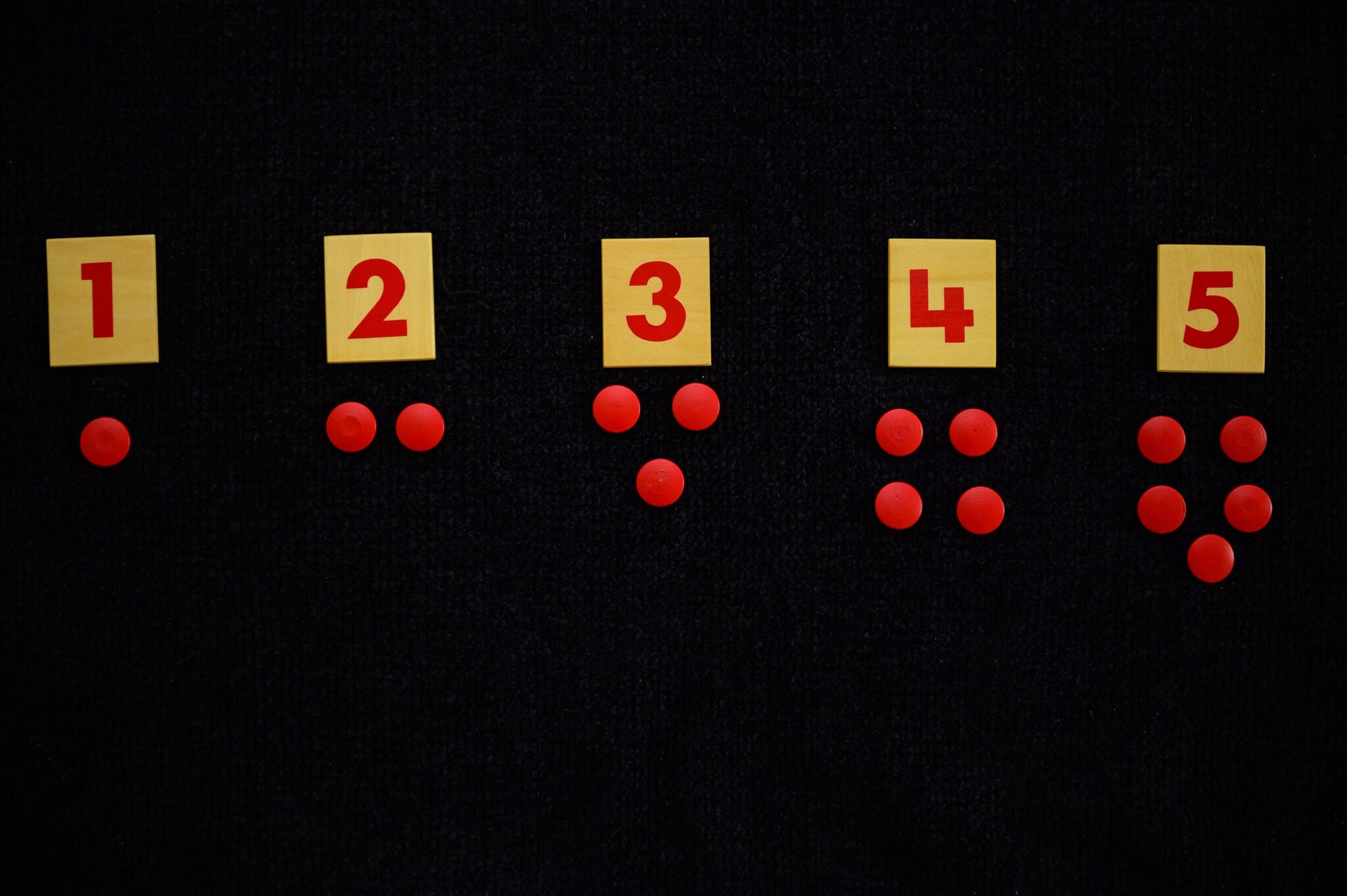
Mathematics
The Mathematics Curriculum teaches children to understand abstract mathematical concepts and relationships through hands-on learning experiences. Children learn to count, identify and match numerals to their quantity, relate decimal quantities and symbols, and become aware of the functions of addition, subtraction, multiplication and division.
Example materials and activities include:
- Number rods
- Sand paper numbers
- Numbers & counters
- Golden bead materials
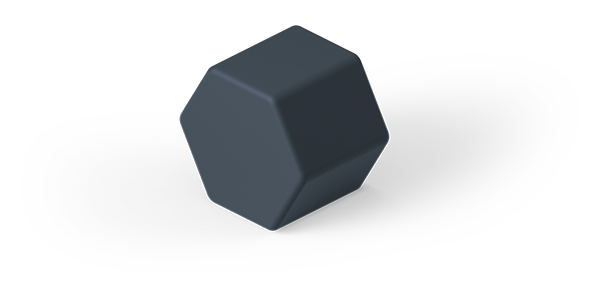
Language
The Montessori Language Curriculum provides children with the knowledge and skills to build their vocabulary and understanding of Langauge. The Skills required for reading, writing and oral language are developed through hands-on experience using the Montessori language materials. Children learn letter sounds (phonics), letter identification and formation, how to combine sounds to make words, how to build simple sentences, and how to properly hold a pencil. Oral language skills are developed through daily social interactions, group time experiences, and lessons in grace and courtesy.
Example materials and activities include:
- Sandpaper letters
- Moveable alphabet
- Metal insets
- Sound box
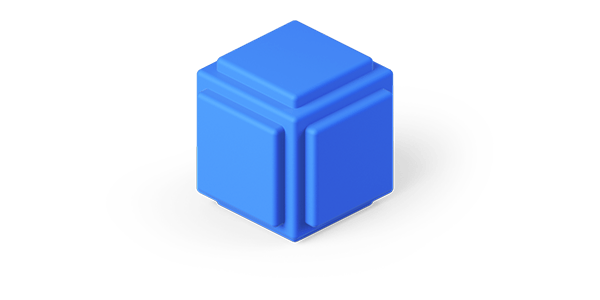
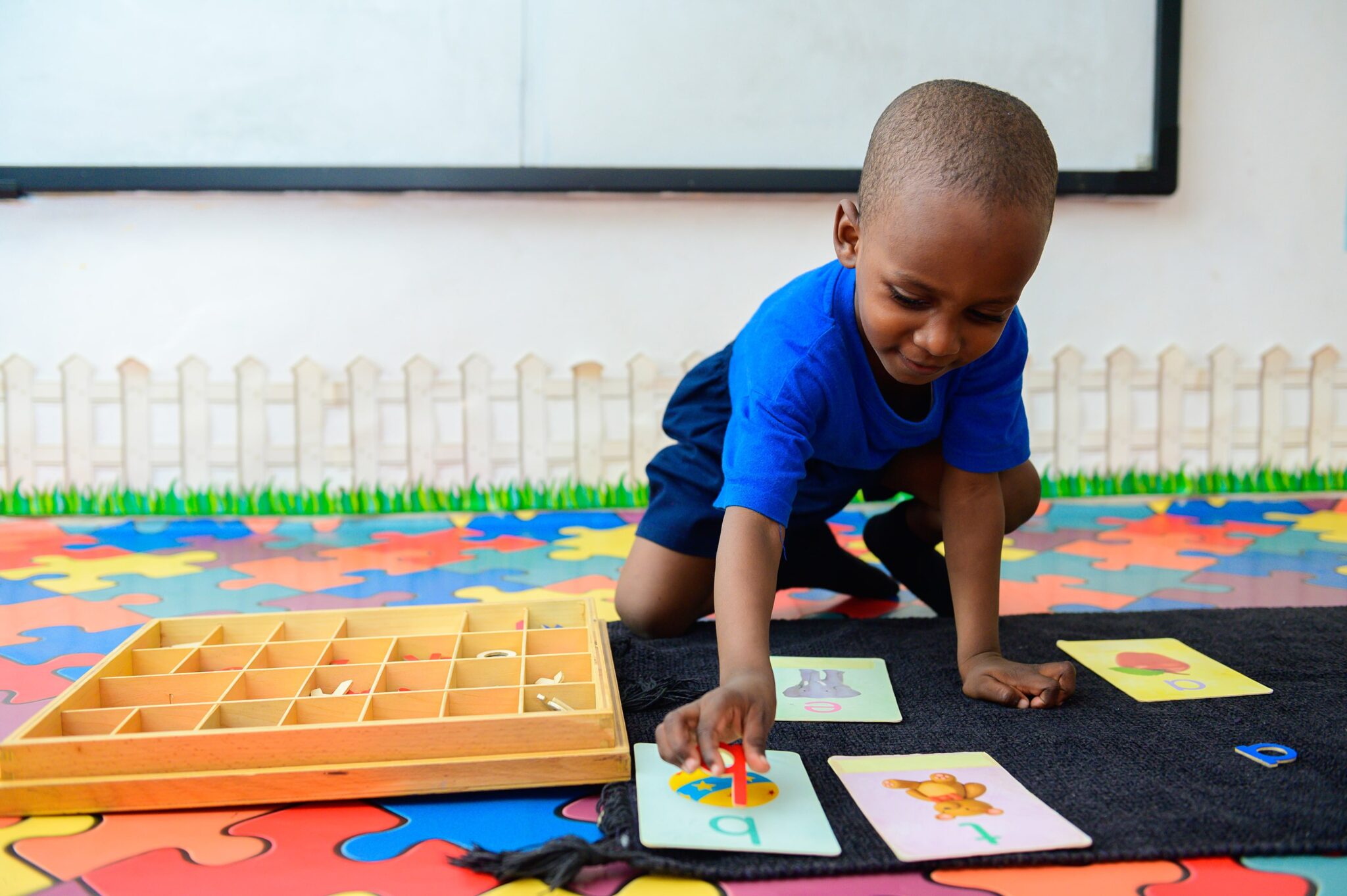
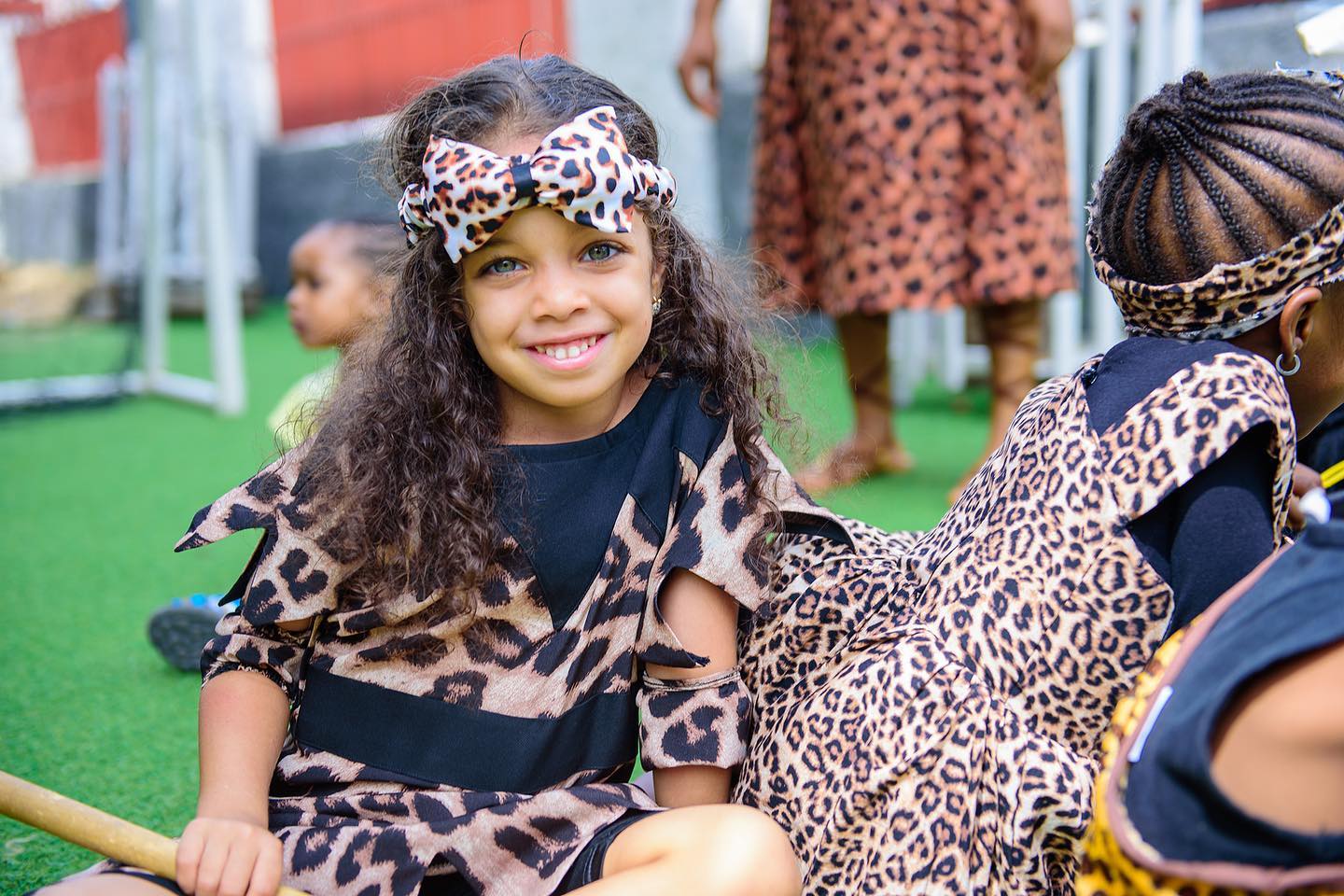
Cultural Life
Cultural activities for students in a Montessori classroom expose them to other areas of learning such as history, geography, science, arts and music. This way the children develop an understanding of the world around them and what part they play in it.
According to Dr Maria Montessori, “…scientific words are best taught to children between the ages of three and six; not in a mechanical way of course, but in conjunction with the objects concerned, or in the course of their explanations so that the vocabulary keeps pace with their experiences.
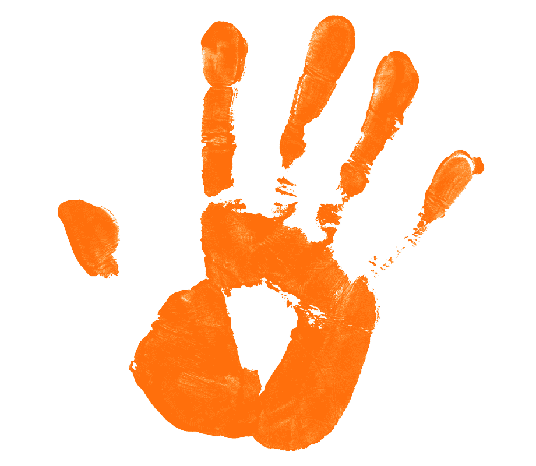
Enroll Today
We are excited to have your child join our diverse and inclusive student body. Together, let’s unlock their potential, foster creativity, and create lasting memories.